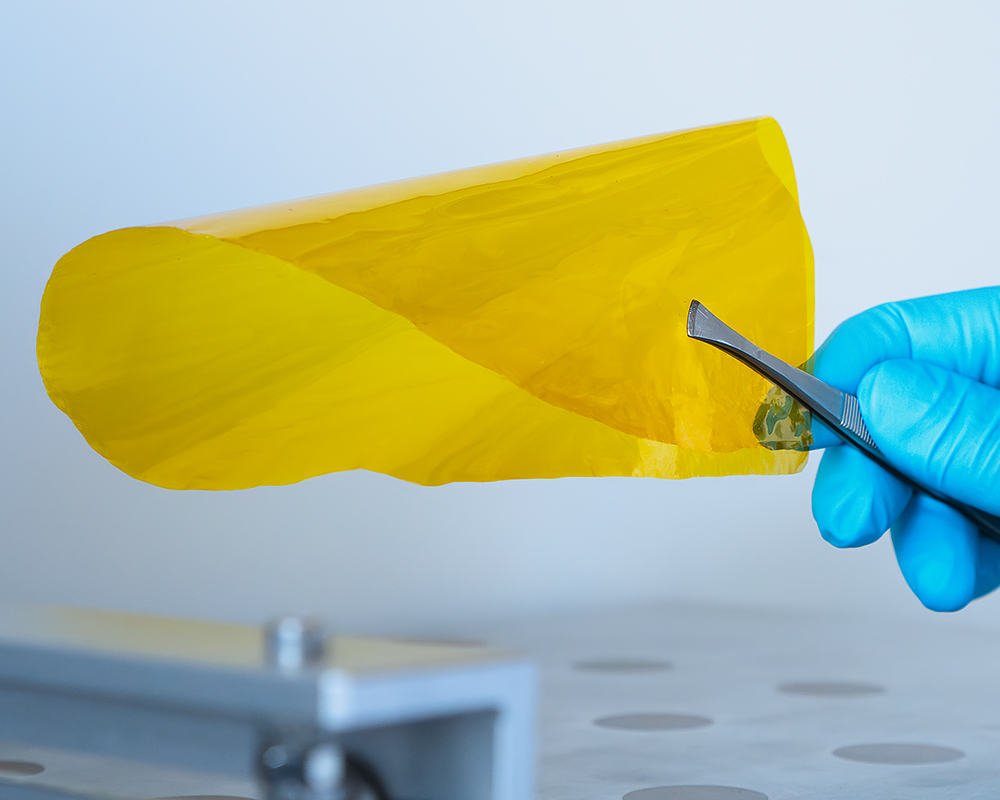What are PFAS?
The group of perfluorinated and polyfluorinated alkyl substances (PFAS) comprises more than 10,000 chemical compounds that are used in various industrial processes and consumer goods. These are carbon chains of various lengths in which the hydrogen atoms are either completely (perfluorinated) or partially (polyfluorinated) replaced by fluorine atoms. These bonds give PFAS their unique properties. They are chemically very stable and are resistant to heat, chemicals and biodegradation. These properties make them attractive for a wide range of applications.

